How To Take Care Of Baby Turtles At Home

You can find powdered calcium carbonate online and at pet stores.
How to take care of baby turtles at home. Feed your turtle daily and always in water where it can swallow. There is also a second lighting that you need. Some adult turtles will need them as well especially if they are a breed that require certain temperatures to remain healthy. The lighting should be placed at a distance at least 30cm from the area you want to light.
If you are keeping your tortoise indoors make sure your other pets do not have access to the enclosure. Take extra care to protect them from animals like dogs cats raccoons and birds. The best way to keep your turtle safe is by having a turtle aquarium for your turtle and your turtle would love to live there freely without getting hurt at all. Here are some of the best turtle tank filter that will help you filtering turtle tank automatically.
If you don t have a turtle tank filter change your baby turtle s water daily. A heat lamp should be next on your list of things to purchase for caring for a turtle. The water and the basking area for the baby turtles should be about 86f warm. Get a fluorescent light bulb that produces at least 5 uvb radiation.
Pet stores recommend for owners to use a lamp or a bulb lighted and put above the aquarium or enclosure to make the pet home warm for these baby turtles. Baby turtles require uvb radiation for shell strength proper health and growth. Add calcium to your turtle s food every other feeding. Feed your baby turtle every day up to two times per day.
Finally be sure to look for any physically signs of illness including swollen eyes discoloring on the shell and avoiding food. Baby tortoises are extremely vulnerable to predators because they are so small. If you do change it two to three days. For the first few months give your turtle flake and pellet food turtle sticks and a variety of live blackworms crickets and mealworms.
The great chance of survival for these little pet turtles is to keep them on a temperature that their body needs. Turtles need lots of calcium to keep their bony shells strong.
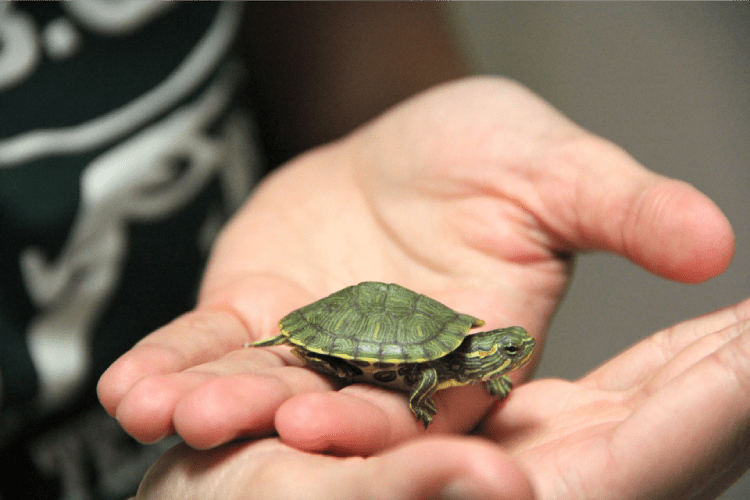



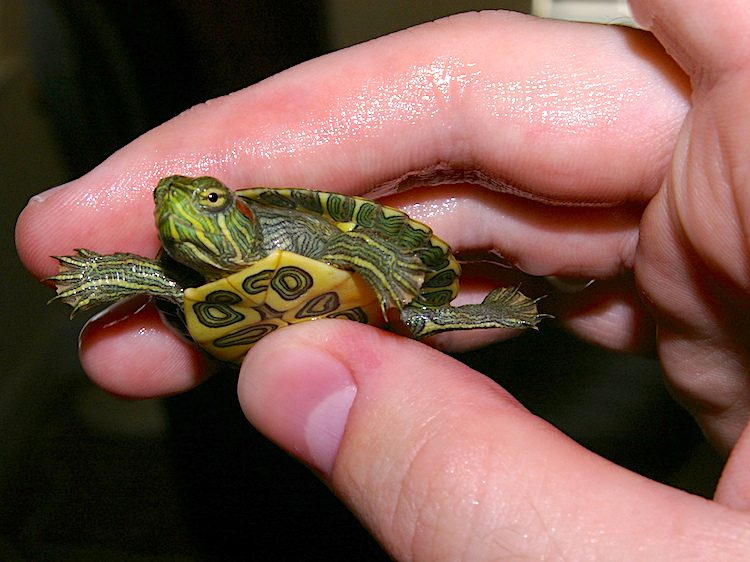
:max_bytes(150000):strip_icc()/red-eared-sliders-1238387_v3-01-75cb596df7b9497d95e52ba3a96d74a5.png)

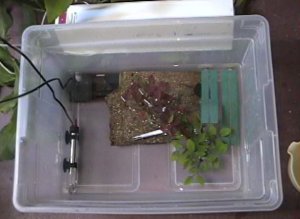
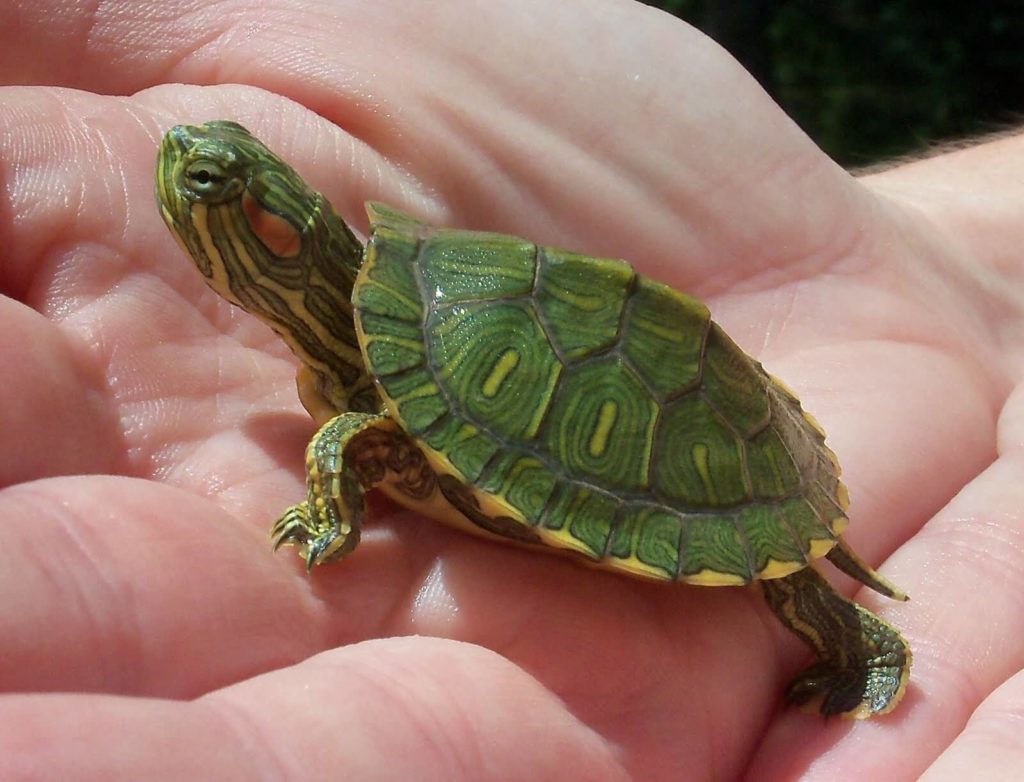
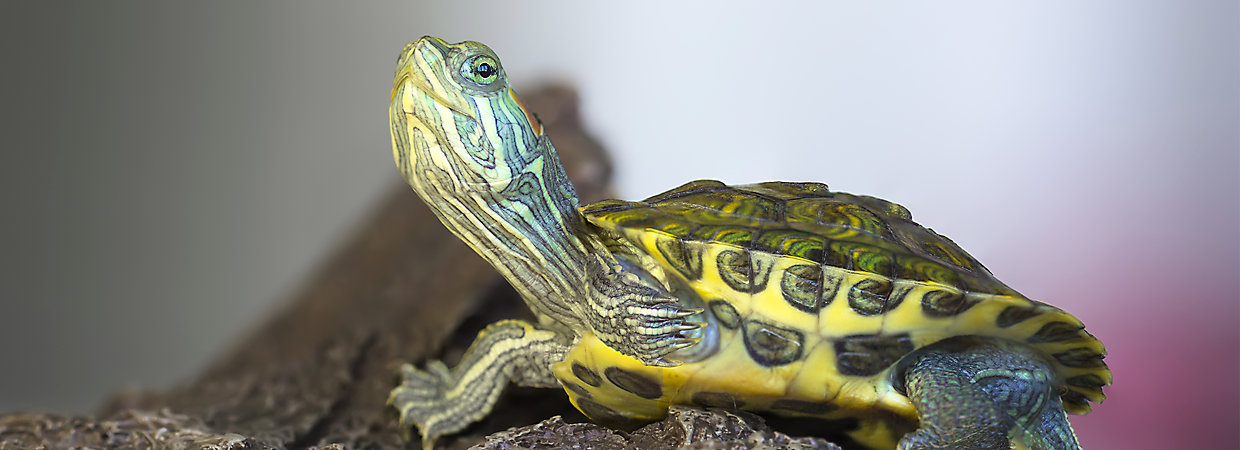

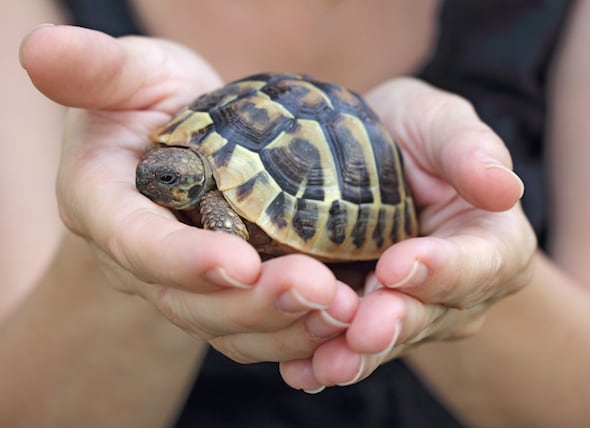


:max_bytes(150000):strip_icc()/Pet_Aquatic_Turtles_1237254_v2-5bb2624f4cedfd00269131a1.png)


/painted-turtle-90755376-580815535f9b5805c20de15b.jpg)
/red-eared-slider-swimming-520669620-57fff0185f9b5805c2b11b7b.jpg)